TEHRAN (Bazaar) –Nader Entessar, Professor Emeritus of Political Science from university of South Alabama says that if a nuclear agreement between Iran and the US is reached in the future, it will be something that will be different from the failed JCPOA.
“Biden cannot afford to be perceived as "weak" on foreign policy, especially towards Russia, China, and Iran. Any slippage in this regard will embolden Biden's opponents for the reasons I mentioned in my answer to the previous question,” Entessar told Bazaar News Agency.
Following is the full text of the Bazaar interview with Professor Entessar:
Q: The issue of prisoner exchange between Iran and the United States was carried out. Will this have an impact on the revival of the JCPOA?
A: Of course, almost everything is possible in inter-state relations. However, I place a low probability on the revival of the JCPOA due to the recent Iran-US prisoner exchange. For all practical purposes, the nuclear deal died when Donald Trump withdrew the US from the JCPOA and the Europeans decided to abide by secondary sanctions imposed by Washington and then added their own additional sanctions on Iran. Moreover, the recent E3 announcement about its intention not to honor the so-called sunset articles in the JCPOA when they expire next month buried any serious hope of the JCPOA's revival in its original form. If a nuclear agreement between Iran and the US is reached in the future, it will be something that will be different from the failed JCPOA.
Q: Washington has announced that it does not consider the prisoner exchange agreement with Iran a confidence-building step between the two countries. What is your assessment of this issue?
A: I agree with Washington's assessment. We have had prisoner exchanges in the past between Tehran and Washington, and they did not lead to confidence-building measures between the two adversaries. In general, successful confidence-building measures require effective follow-up measures.
Q: President Biden announced in a statement after this exchange that the US will continue to impose costs on Iran for its provocative actions in the region. Could this message mean to remove his government from the internal pressures that condemned him to pay ransom to Iran regarding the release of Iran's blocked funds?
A: President Biden's announcement was first and foremost crafted for domestic audiences in the United States, especially for his Republican opponents. In addition, Biden signaled Washington's continued pressure policy against the Islamic Republic. We are in the thick of the election cycle in the United States, and being "tough" on Iran is a winning card for both the Democrats and the Republicans, and Biden is well aware of this fact. In other words, being "tough on Iran" plays the same role that "being tough on Communism" played for American politicians during the Cold War.
Q: What effect will this agreement have on Biden's presidential campaign?
A: Biden cannot afford to be perceived as "weak" on foreign policy, especially towards Russia, China, and Iran. Any slippage in this regard will embolden Biden's opponents for the reasons I mentioned in my answer to the previous question.
Q: Qatar has expressed hope that this agreement will open the way to solve other issues between Iran and America. Considering the success of this country in this agreement, how likely is Doha to continue this mediation in the field of the nuclear agreement?
A: I think Doha will continue its efforts in this regard. However, there are clear limits to mediation efforts between Tehran and Washington. International mediation is most effective when the adversarial parties do not see their conflict as a zero-sum game. So far, I do not see any serious commitment by either side, especially by Washington, to move away from its winner-take-all mentality.





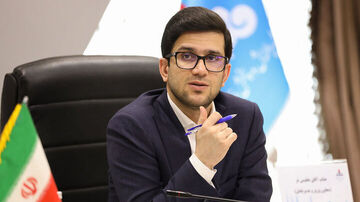


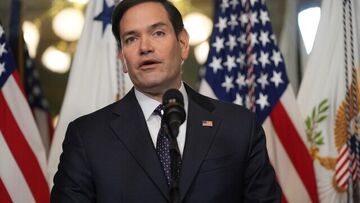



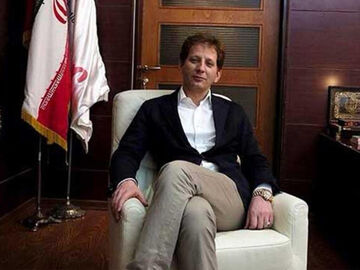
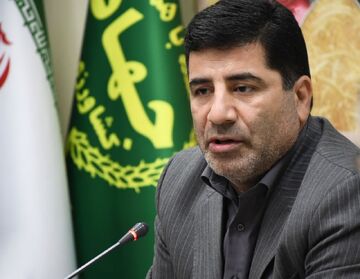
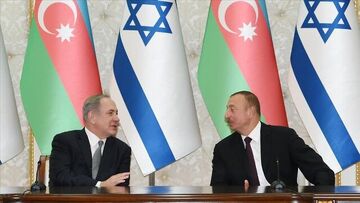
نظر شما